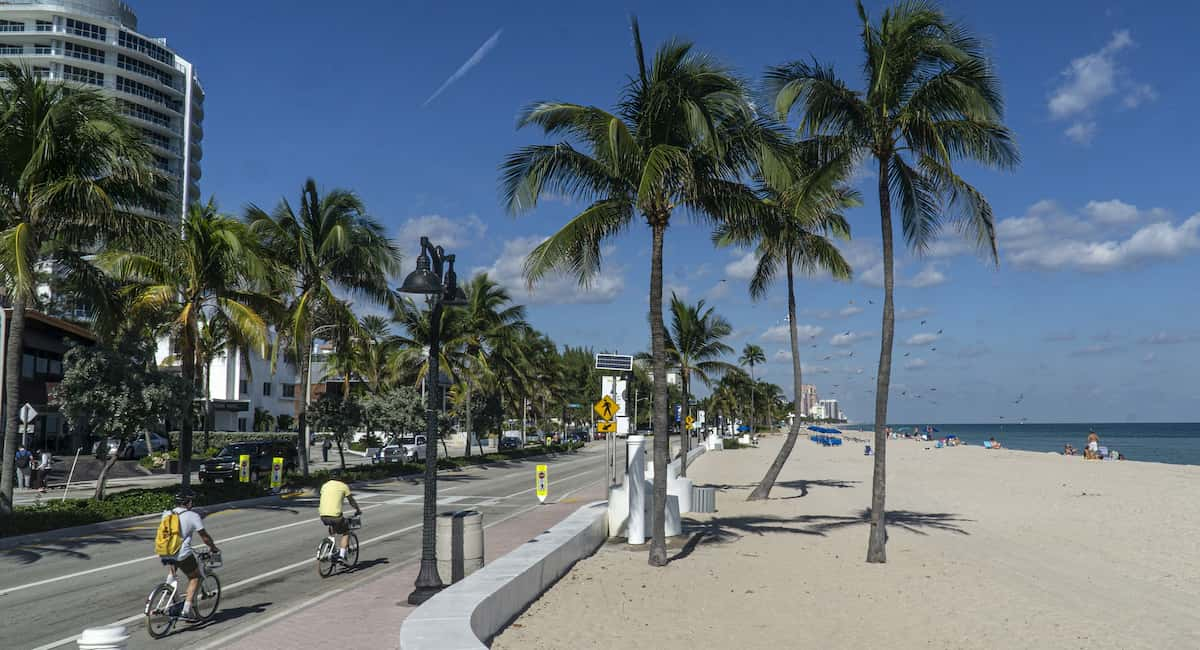There are many opportunities for entrepreneurs in Florida’s bustling economy. If you’re thinking of starting up a business, or already have one but need to consider new insurance policies, it’s important to understand workers’ compensation. This type of insurance is essential for protecting your business, but it can be a bit confusing because of state-specific laws. To get the best deal on workers’ comp coverage, you need to understand the state’s rules and regulations as well as your purchasing options.
Table Of Contents
What Type of Businesses Need Workers’ Comp?
Each state determines insurance requirements for businesses. In Florida, the Division of Workers’ Compensation within the Department of Financial Services regulates this. The Division’s website outlines the requirements and helps business owners understand their obligations and options.
With a business of your own, the first thing you need to know is whether or not the obligation to purchase workers’ compensation insurance applies. Most businesses in Florida must have this kind of insurance. However, there are a few exceptions, and a rundown of the basic rules can help you understand them:
- Construction-related Businesses– If your business is part of the construction industry, you must have workers’ comp if there are one or more employees, including the owner, who is an LLC member or corporate officer.
- Non-construction Businesses– Non-construction businesses with four or more employees must hold workers’ compensation insurance.
- Agriculture– In an agricultural business, the state waves the requirement for workers’ comp if you have less than six regular employees or 12 seasonal workers.
- Contractors– Any contractors must have workers’ comp before beginning a project for your company.
There are also some important exemptions from the workers’ comp requirement you need to understand. Sole proprietors and partners are automatically exempt. For other exemptions, such as LLCs and corporations not in construction, you must apply for an exemption with the Division of Workers’ Compensation.
Florida Workers’ Comp Classification Codes
The rate you’ll pay for workers’ comp in Florida depends on multiple factors but includes the cost of premiums, deductibles, administrative costs, and reports. Rates can vary significantly depending on a business’s payroll size, claims history, and classification code.
Classification codes are based on the type of work you and your employees do and help determine your plan’s minimum premium. Rates are calculated using the code for your business and are charged per $100 of payroll. To find your industry code and minimum premium rate, you can head to the Florida Workers’ Compensation Joint Underwriting Association, Inc. (FWCJUA) website.
Insurance Options
When purchasing workers’ comp in Florida, you have the following options:
- The Voluntary Market (Private Insurers)– Florida is not a monopolistic state fund, which means you can purchase insurance through a private provider. This makes workers compensation insurance for Florida businesses competitive and allows you to shop around for the best coverage and value.
- The FWCJUA– If you attempt to purchase a plan on the voluntary market but are rejected, you can purchase through the FWCJUA. The purpose of the FWCJUA is to provide insurance to employers required to hold it but who cannot purchase through a private insurer.
Know Your Workers’ Comp Needs
Once you understand the laws and the obligations you have to provide workers’ compensation insurance, you must choose and purchase a plan. In addition to the laws and requirements, you should consider other factors:
- The cost of the policy, including the premium and deductibles
- The amount of coverage provided by the policy
- The needs of your business based on risks and dangers in the workplace
- Your workplace safety plan
Some workplaces are inherently more dangerous than others, and insurance for these will naturally cost more. But if you can take steps to prioritize safety and minimize risk, the cost will be less than it would be otherwise. You may even find that companies turn you down if you have had too many past claims or proven that your business does not take safety seriously.
Research Is Key
The most important thing you can do when selecting and purchasing workers’ compensation for your business is research. Understand Florida’s laws, calculate your rate based on the industry and payroll, and compare plans to get the best coverage at the lowest price. Finally, work with a knowledgeable broker or agent to help you make this complicated decision a little easier.


